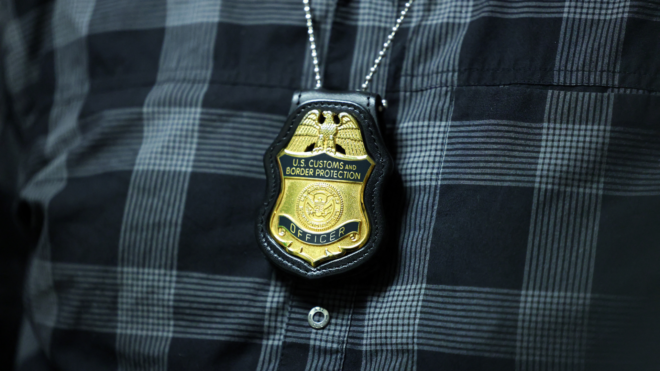It's a lucky girl who doesn't suffer at least a mild bout of dry scalp once winter rolls around and harsh cold wind and dry indoor heat begin to leech all of the natural oils from your skin. A dry, itchy winter scalp is not only uncomfortable, but it can be embarrassing when those little while flakes start making themselves seen to the outside world. Of course, sometimes those flakes are caused by an actual medical problem like psoriasis, eczema or a fungus, but if your problem is mostly environmental, there are some things you can do to remedy it all on your own, or even avoid it altogether. Try these seven dry scalp fixes.
Read more ¿Qué más?: 3 Ways exfoliating your scalp will help your hair grow
1. Hydrate. Dry scalp is a skin issue, and like most skin issues hydration and nutrition are crucial. The more water you drink, the healthier your skin will be, and that includes the oft-forgotten skin on your head. Skin is an organ, and like any organ it requires water to function well. But remember, you will need to drink more than you think in order for your skin to reap the benefits, since internal organs will have first dibs.
2. Get your diet right. It can be a challenge to eat right during the cold months when you spend a lot of time bundled up and trying to keep warm, but eating well isn't just about aesthetics. In fact, it should be mostly about wellness. Be sure to get your fill of healthy fats, which will keep your skin moisturized and supple, and lean proteins, which help rejuvenate and strengthen hair and skin. And of course, ditch the junk food, or at least most of it.
3. Exfoliate. Exfoliating is an amazing way to treat the scalp, which actually has multiple benefits. Of course, it will serve to slough off flaky, dry skin cells, but it will also remove product buildup, which will allow water and other moisturizes to actually penetrate the scalp and nourish it. An added bonus is that exfoliating can actually help your hair grow.
4. Vinegar rinse. Every one to two weeks you can mix equal parts apple cider or white vinegar with water and use it as a rinse for your hair and scalp. After pouring the mixture over your head massage it in for a couple of minutes then rinse thoroughly with plain water. Vinegar gets rid of flakes without clogging your pores and exacerbating the problem, and since some dandruff may be caused by a fungus and vinegar is a natural antifungal, it could also treat the root problem, keeping the flakes at bay for good.
5. Don't wash too often. That may sound counterproductive, but most commercial shampoos contain harsh chemical cleansers–particularly sulfates–that can irritate and dry out your scalp. Try washing every other day at most. If your hair feels too greasy for that, use a sulfate-free or dry shampoo on the in between days.
6. Avoid hot water. Washing or rinsing your skin with hot water obliterates its natural oils, leaving skin dry and tight, which can lead to flaking. Use lukewarm water instead, it's much gentler and more beneficial for your skin.
7. If all else fails. If you're still having major scalp problems after trying all of the above for a few weeks, get yourself a shampoo created for dandruff/dry scalp sufferers. There are tons on the market, available in drugstores, online and in salons. Just be sure to get one that is intended to address your particular symptoms and the sensitivity of your scalp. If you have sensitive skin, you may want to stick to one with natural ingredients like tea tree oil.
Image via Thinkstock




